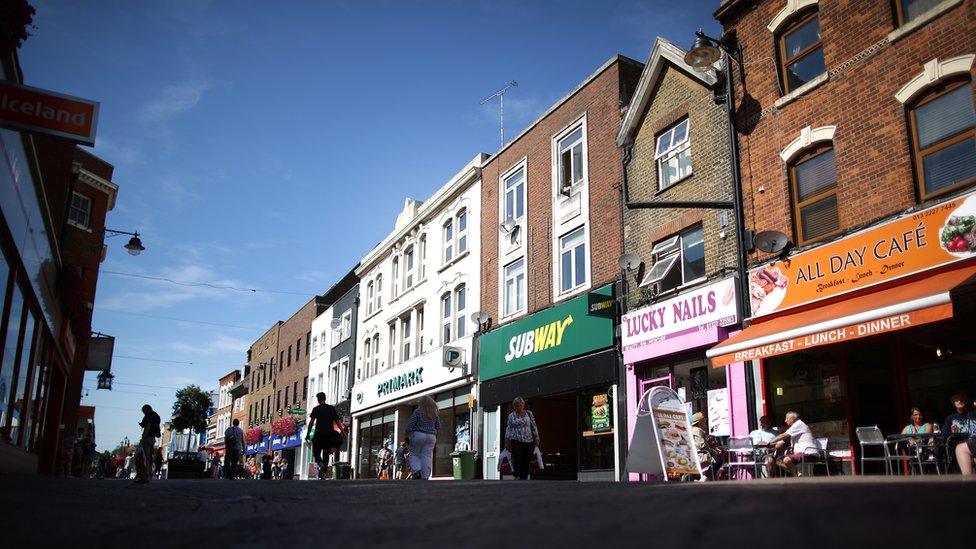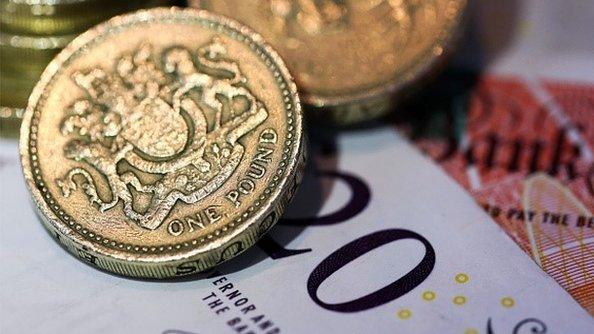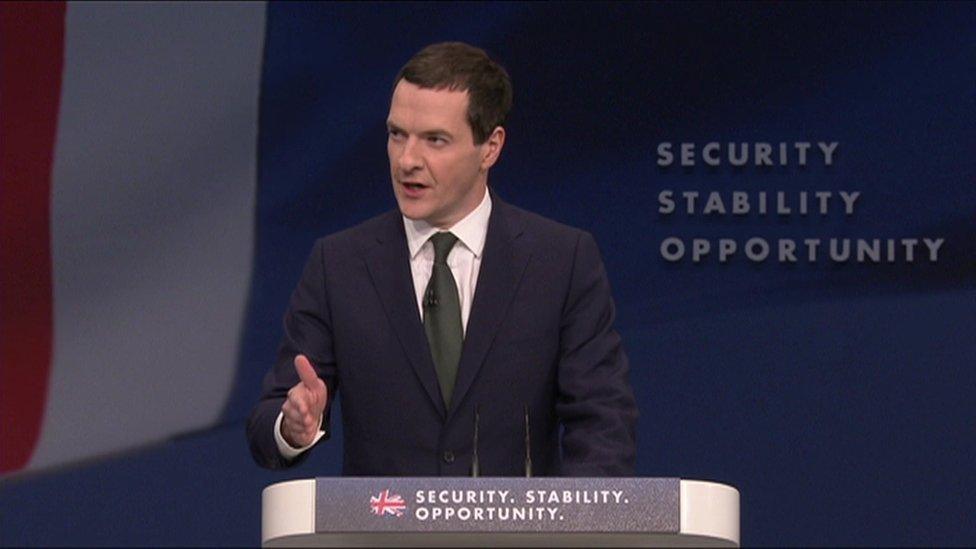Firms prepare for 'largest rates change'
- Published

Thousands of firms are about to see "the largest change in a generation" to the amount they pay in business rates.
Companies in England and Wales will find out later what their bill is likely to be for the next five years.
London and parts of the south east face the biggest increase, but will also receive the biggest cushion from a planned transitional period.
Firms in the north of England are set to benefit from lower valuations, but will see their bills fall gradually.
According to John Webber from commercial real estate company Colliers International, the revaluations will be "the largest changes to business rates... in a generation".
Business rates are a property tax, based on rental values, and are a significant cost for many small businesses.
What will the rates revaluation mean for UK business?
The transitional period is designed to ease the changes, but it has angered some campaigners.
'Kick in the teeth'
Paul Turner Mitchell, a business rates campaigner based in Rochdale, said: "Across the board in the North East businesses have been paying artificially high bills for two years. So this is a kick in the teeth for them."
"There's going to be some really struggling areas where there'll be a huge reduction in rateable values, and they need the immediate value of that not a phasing in."
This revaluation was due two years ago, but was delayed because the government wanted to avoid "sharp changes" to business rates bills.
The shifts in property values - with prices rising strongly in many parts of London and the South East, but falling steeply in less prosperous regions - mean the new amounts firms will pay in rates from April 2017 diverge more sharply.


London could see the biggest rises in rateable values
What are business rates?
Businesses pay an extra tax on the shops, offices, warehouses and factories they use.
Rates are the third biggest outgoing for many small businesses after rent and staff costs.
Business rates are based on rental values but also take into account things like the value of machinery and equipment as well as the sector the business is operating in.

- Published30 September 2016

- Published16 March 2016

- Published5 October 2015
